
Campaigns
Bass Take Season Extended for Recreational Anglers from Dec 2023
Following 2022 fisheries negotiations between the United Kingdom and the European Union, the recreational bass take season will be extended to 10 months from December 2023. This amendment will finally bring the recreational season in line with the commercial season.
Alongside other bass interest groups from the recreational sector, the Angling Trust has been lobbying the government hard to change this misalignment as a key priority.
Angling Trust Policy & Advocacy Manager Hannah Rudd welcomed the decision “Following our lobbying work, at this year’s fisheries negotiations between the UK and the EU (2022), the Delegations decided that from December 2023, the recreational take season will be 10 months and mirror that of the commercial sector. We have argued the case for this move which we think is essential and fair. This instance proves the need for robust scientific evidence to support recreational sea angling and proves the impact our lobbying is having on these key decisions.”
Angling Trust CEO Jamie Cook added, “This is yet another example of how a single, powerful representative voice for angling ensures that recreational sea anglers have a coherent say in policy development that impacts our seas and our stocks. I urge those sea anglers impacted positively by this change to add their weight to our growing influence in this sphere and join the Angling Trust.”
The current 9-month season will remain for 2022/23. The 2024 no-take period will run from 1st February – 31st March 2024. You can read more here: https://www.gov.uk/government/publications/fisheries-consultations-between-the-uk-and-the-eu.
Prominent sea anglers have welcomed this news. British Bass record holder John Locker said
“Ensuring the recreational bass retention season mirrors the commercial season is a key step in being recognised as equivalent stakeholders in the fishery. I’m pleased that the Angling Trust has helped to achieve this change and achieved recognition of recreational anglers, whose voices deserve to be heard and who need to be a significant part of these big decisions.
I look forward to working with the Angling Trust again in the future. Ensuring that not only we as recreational anglers are heard on the larger stage, but also as stewards of our seas so we can be a part of the rules and laws that govern us.”
The Angling Trust also continue to be heavily engaged in the ongoing development of the bass fishery management plan, where our key asks are:
- A healthy functioning population of bass with plenty of protection
- Effective and clear legislation, which is rigorously enforced
- Fair and proportional access to the bass stock. In other words, as stakeholders, recreational anglers should have a decent chance of catching bass. (In 2018, UK commercial bass landings were less than £5 million compared to the c£200 million RSA expenditure on bass*.)
- Protection of key habitats that support bass stocks
- More data to be collected to fill knowledge gaps.
The Angling Trust will provide updates on opportunities to engage with the bass fishery management plan process as they become available through our website and social media channels.
For any queries, contact Hannah Rudd, Policy & Advocacy Manager, at Hannah.rudd@anglingtrust.net.
Appendix: Fisheries Consultations Between the United Kingdom and European Union for 2023
- e) Seabass:
i. The Delegations discussed measures for seabass, agreed to roll over arrangements in place during 2022, and agreed that the following adjustments would be introduced for 2023 as soon as practicable:
1) The commercial trawl/seine flexibility will be amended from a 760kg cap per two months to a 3.8 tonne cap per year within the 5% bass per trip limit;
2) the commercial hooks and lines limits will be amended from 5.95 to 6.2 tonnes per vessel per year;
3) the commercial fixed gillnet limits will be amended from 1.5 to 1.6 tonnes per vessel per year.
ii. The Delegations agreed that by 1 December 2023 the recreational fishing arrangements will be amended so that the catch-and-release period runs from 01 February to 31 March only.
iii. Each Party will keep the impact of these adjustments on uptake and stock mortality under review in its waters. The Delegations also agreed to consider the development of a multi-year strategy for seabass in parallel within the framework of the SCF, noting that the Parties have already agreed to prioritise first Channel king scallops.
iv. The Delegations agreed to follow up on the joint ICES request to improve the ICES assessment tool for seabass.
You might also like

Another year of anglers’ data reveals another year of…

Get Fishing Fund – Funded Project: ‘Summerhayes Junior Angling…
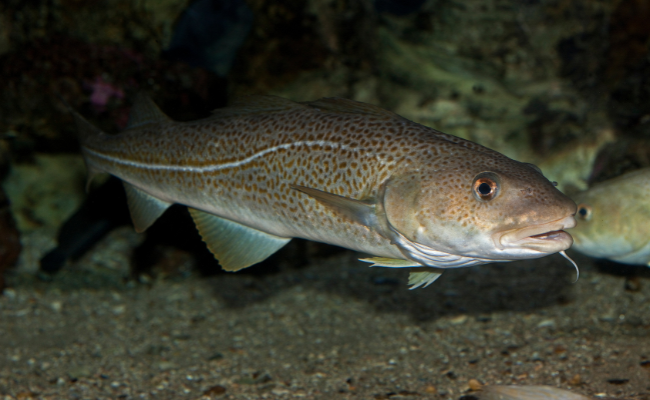
Will the UK-EU Fisheries Deal Deliver for Sustainability and…

The smile says it all! Kayson is hooked! –…
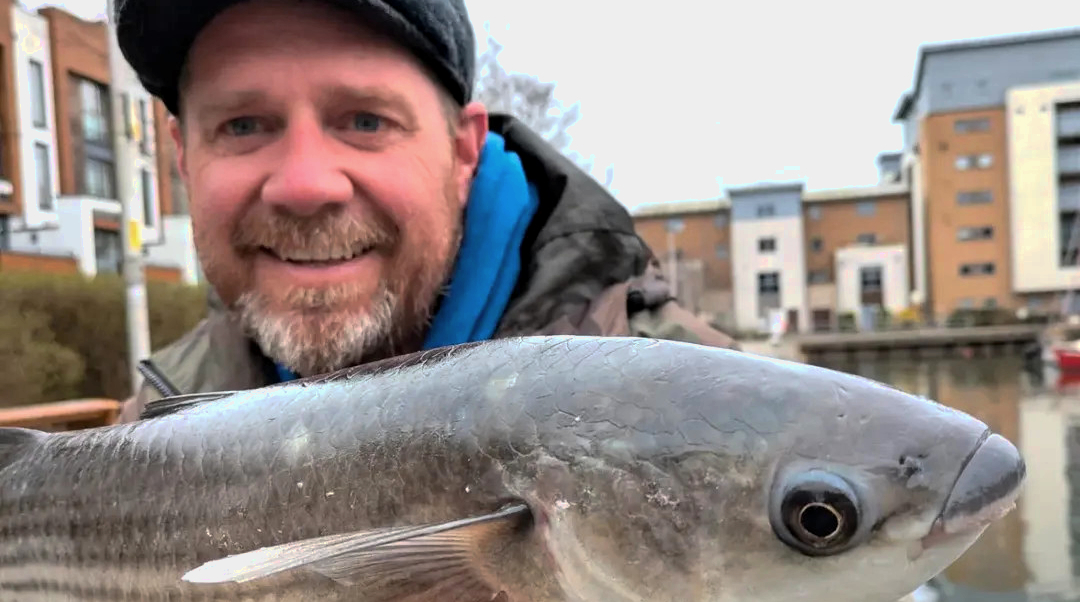
Our Man with a Mullet! Dean Asplin, enjoys a…
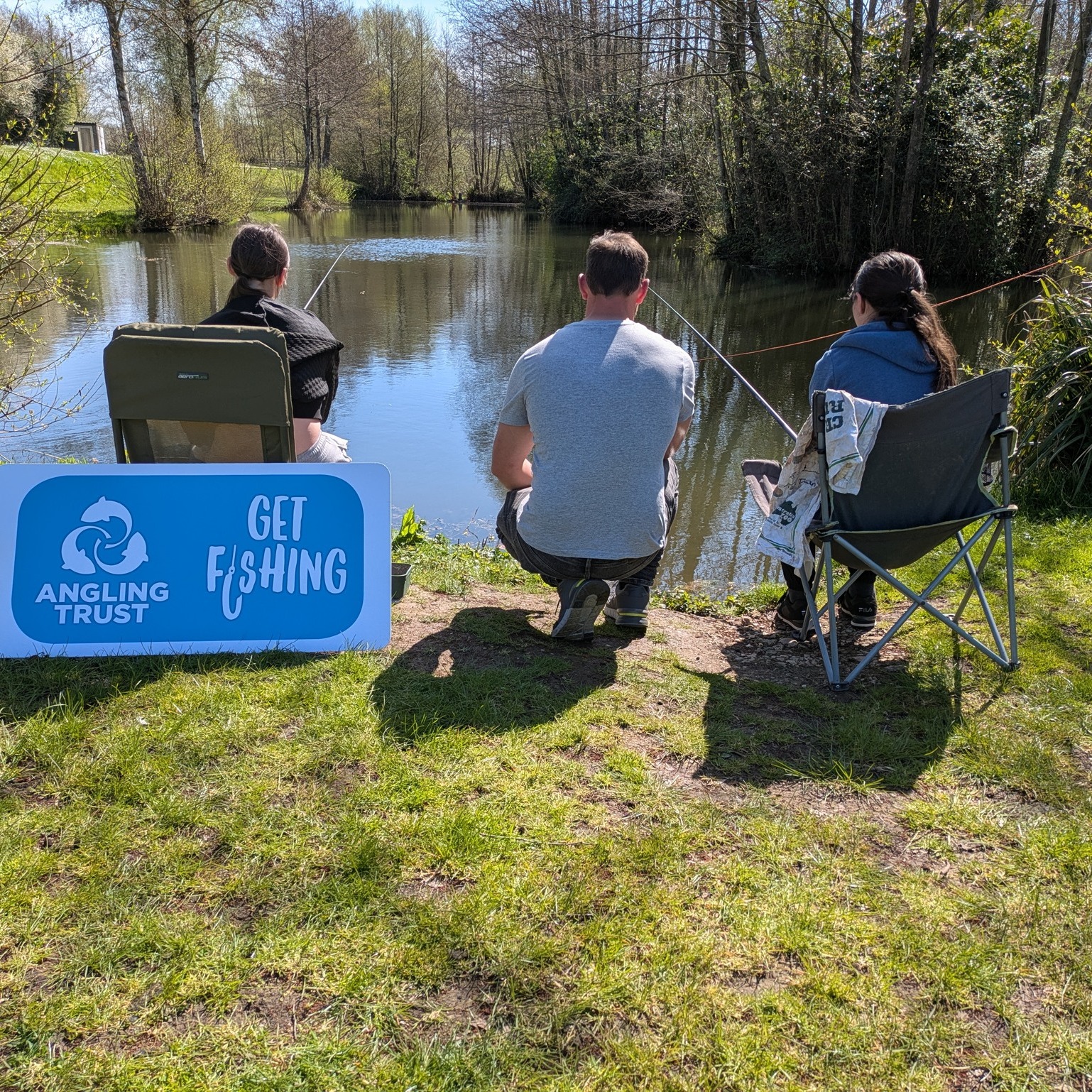
Underdog Crew hosts top draw fishing events with Hintlesham…
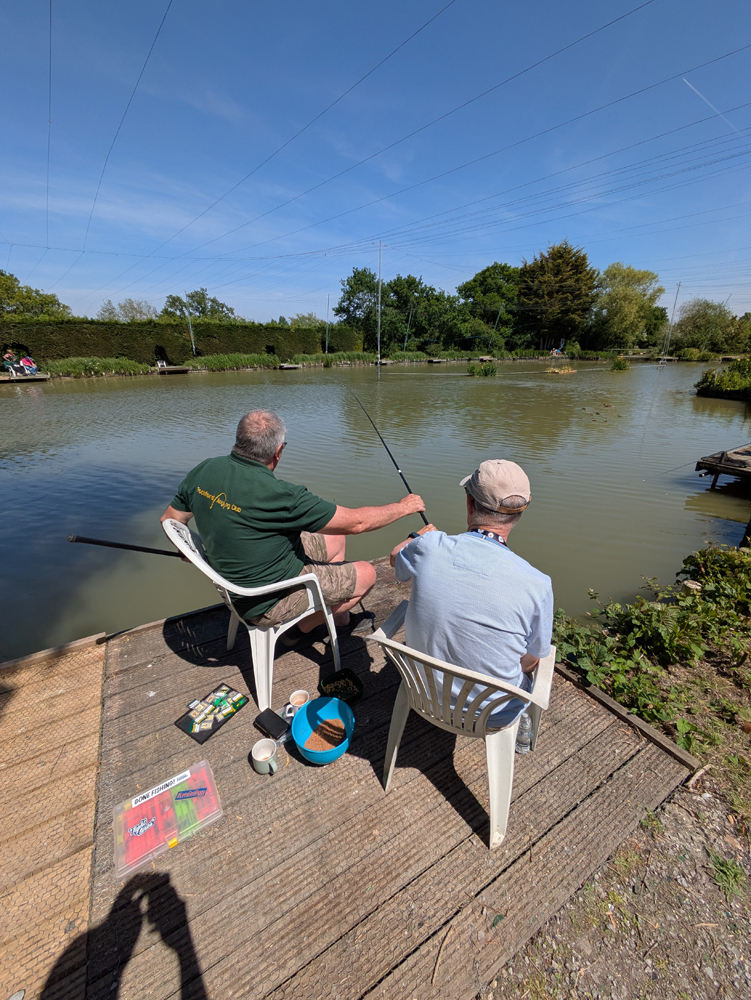
NEW BLOG: Fishing helped my Peaceful Place members with…
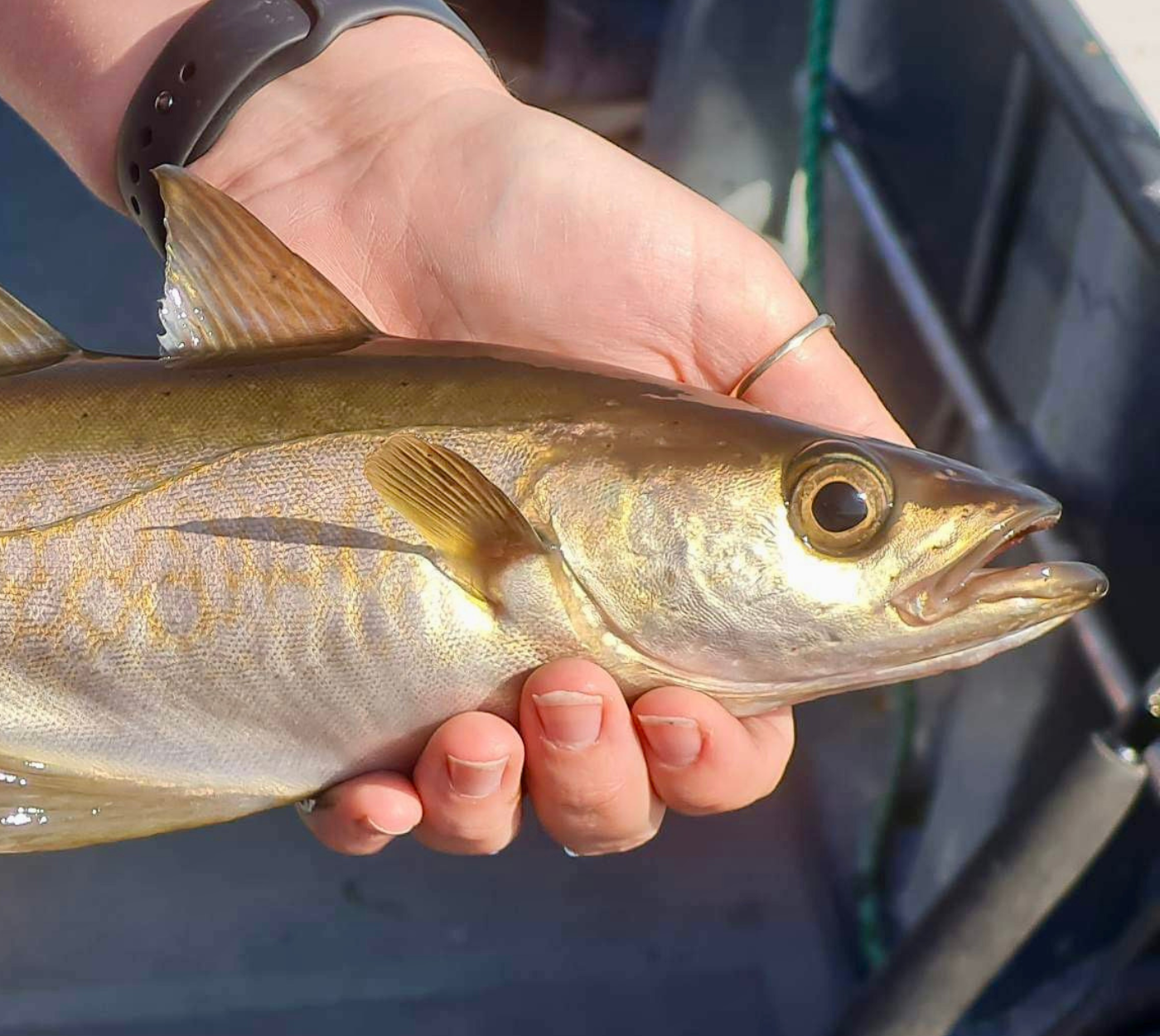
Minister’s Visit Highlights Collaborative Action on Pollack Conservation

Angling Trust calls for radical reforms to end sewage…
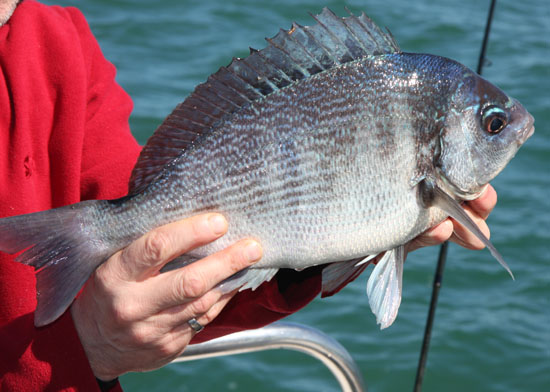
Have Your Say: Shape the Future of Black Bream…
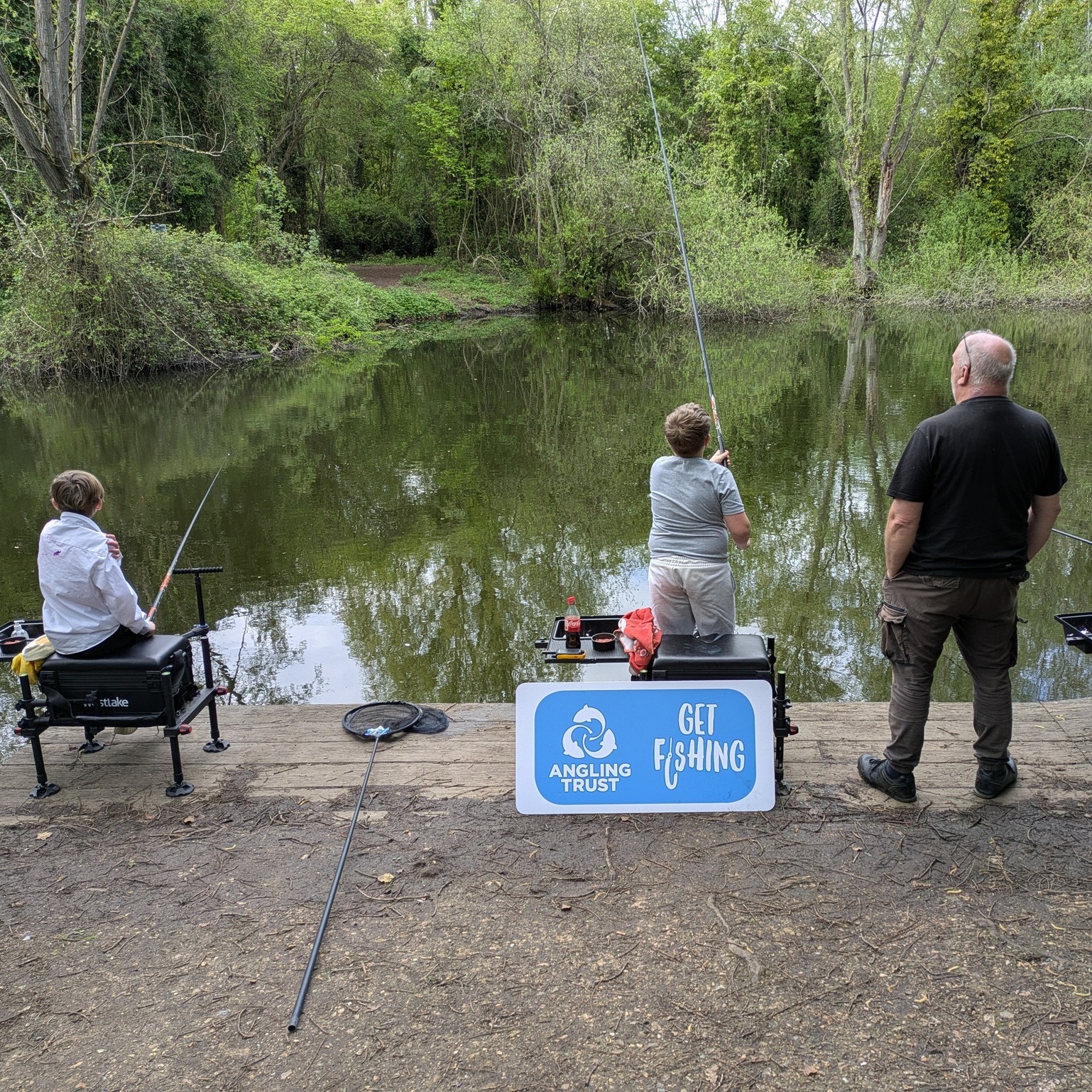
NEW BLOG: Get Fishing Award event for North Cambridge…

Angling Improvement Fund Opens for Nets, Mats & Slings

Another year of anglers’ data reveals another year of…

Get Fishing Fund – Funded Project: ‘Summerhayes Junior Angling…

Will the UK-EU Fisheries Deal Deliver for Sustainability and…

The smile says it all! Kayson is hooked! –…

Our Man with a Mullet! Dean Asplin, enjoys a…

Underdog Crew hosts top draw fishing events with Hintlesham…

NEW BLOG: Fishing helped my Peaceful Place members with…

Minister’s Visit Highlights Collaborative Action on Pollack Conservation

Angling Trust calls for radical reforms to end sewage…

Have Your Say: Shape the Future of Black Bream…

NEW BLOG: Get Fishing Award event for North Cambridge…

Angling Improvement Fund Opens for Nets, Mats & Slings

Another year of anglers’ data reveals another year of…

Get Fishing Fund – Funded Project: ‘Summerhayes Junior Angling…

Will the UK-EU Fisheries Deal Deliver for Sustainability and…

The smile says it all! Kayson is hooked! –…

Our Man with a Mullet! Dean Asplin, enjoys a…

Underdog Crew hosts top draw fishing events with Hintlesham…

NEW BLOG: Fishing helped my Peaceful Place members with…

Minister’s Visit Highlights Collaborative Action on Pollack Conservation

Angling Trust calls for radical reforms to end sewage…

Have Your Say: Shape the Future of Black Bream…

NEW BLOG: Get Fishing Award event for North Cambridge…









